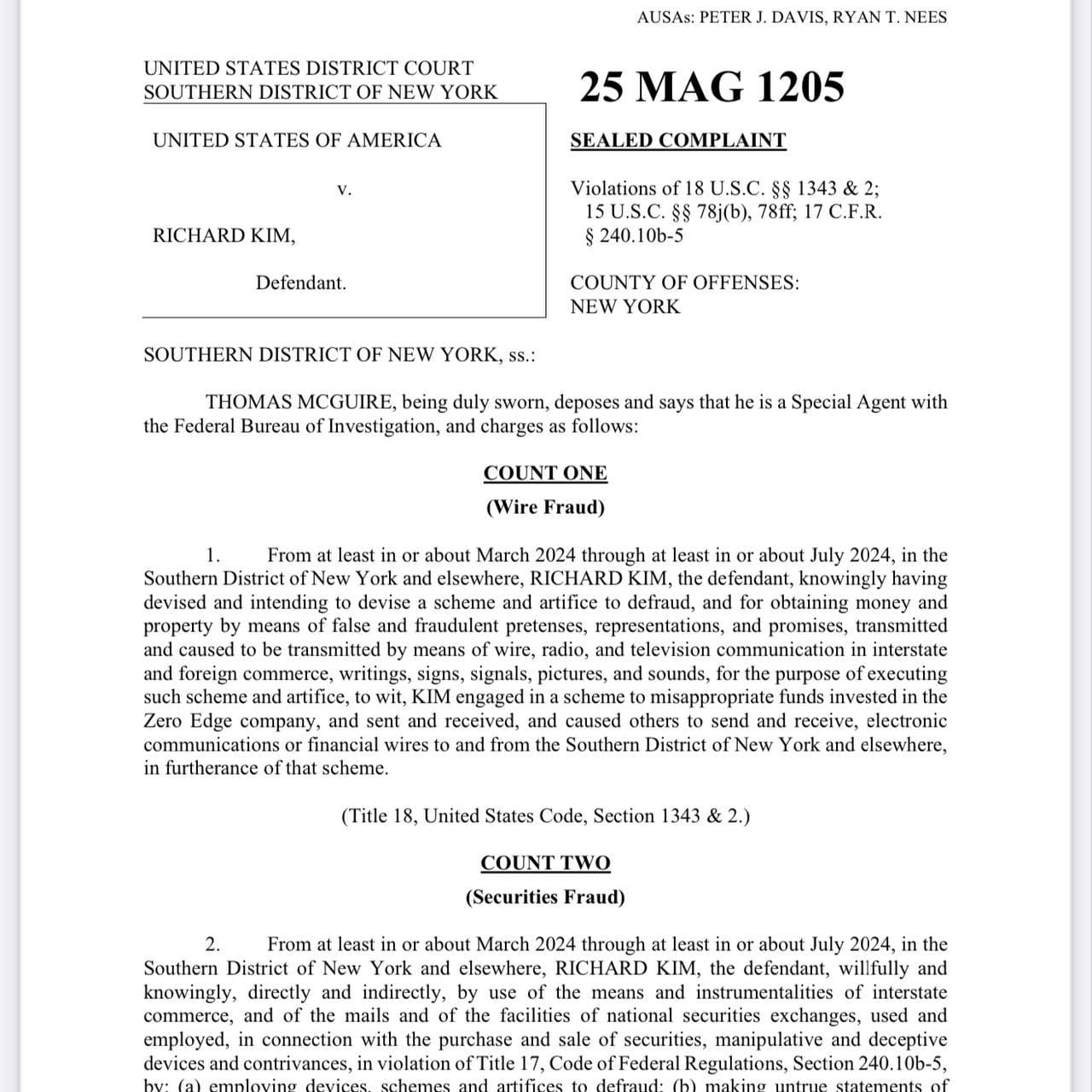In a bid to strengthen visa and deportation policies, the government plans to rank migrant nationalities with the highest rates of crime. Former immigration minister Robert Jenrick has proposed an amendment to the Criminal Justice Bill, aiming to publish the nationality, visa, and asylum status of offenders convicted in English and Welsh courts annually.
Support for Tougher Measures on Migrants
A group of approximately 12 Tory MPs backs the amendment, expressing concerns about rising migrant crossings into the UK, which have hit a record high in the first three months of 2024.
Debate Over Practicality
While the government considers the amendment, there are concerns about its practical implementation, according to a government source. However, Jenrick argues that evidence suggests the UK is importing crime, emphasizing the need to scrutinize nationalities posing higher risks.
Data on Foreign Nationals in Prisons
Current Home Office figures reveal that around 12% of the total prison population in England and Wales consists of foreign nationals, totaling 10,300 individuals. The Refugee Council asserts that asylum rules in the UK are already stringent, preventing serious criminals from staying in the country.
Public Concerns Addressed
Jenrick believes the public wants transparency regarding immigration’s impact on the economy, society, and crime rates. He emphasizes the importance of addressing concerns about individuals entering the UK from countries with differing values towards women and minorities.
Government Response to Migration Pressure
Prime Minister Rishi Sunak faces pressure from MPs on the right of his party to address migration issues, particularly after record net migration figures in 2022. The government has already announced various restrictions to reduce legal migration, including salary threshold hikes and bans on certain family dependents joining care workers in the UK.
Commitment to Decrease Net Migration
Sunak has pledged to take necessary actions to decrease net migration, with ongoing efforts to review immigration routes for international students and raise income requirements for family visas.
Conclusion
The government’s proposed amendment aims to provide transparency on migrant crime rates, reflecting broader efforts to address public concerns and reduce net migration levels.
FAQs
- Will this proposal affect all migrants equally?
- The proposal aims to rank nationalities based on crime rates, so its impact may vary depending on individual circumstances.
- How will this proposal address underlying societal issues contributing to crime?
- While the proposal focuses on ranking migrant nationalities, broader efforts are needed to address underlying societal issues contributing to crime.
- What measures are in place to ensure fairness and accuracy in ranking migrant nationalities?
- It’s crucial for the government to ensure fairness and accuracy in data collection and analysis to avoid bias or misinformation.
- How will the government balance security concerns with maintaining a welcoming immigration policy?
- Balancing security concerns with maintaining a welcoming immigration policy requires careful consideration and collaboration between various stakeholders.
- What role does public opinion play in shaping immigration policies?
- Public opinion can influence immigration policies, but it’s essential to balance public concerns with the need for evidence-based decision-making and adherence to legal and ethical standards.
- What is criminal justice bill?
- A criminal justice bill is a proposed piece of legislation that focuses on various aspects of the criminal justice system. These bills typically cover a range of topics related to crime, law enforcement, courts, and corrections. They may include provisions for changes in criminal laws, procedures for handling criminal cases, funding for law enforcement agencies, initiatives to prevent crime, measures to support victims of crime, and reforms to the prison system.
- The specifics of a criminal justice bill can vary depending on the country and jurisdiction where it is proposed. These bills are often introduced by government officials, such as legislators or ministers, and are subject to debate, amendment, and approval by the relevant legislative body before becoming law. The overarching goal of a criminal justice bill is to improve the effectiveness, fairness, and efficiency of the criminal justice system in addressing crime and maintaining public safety.



